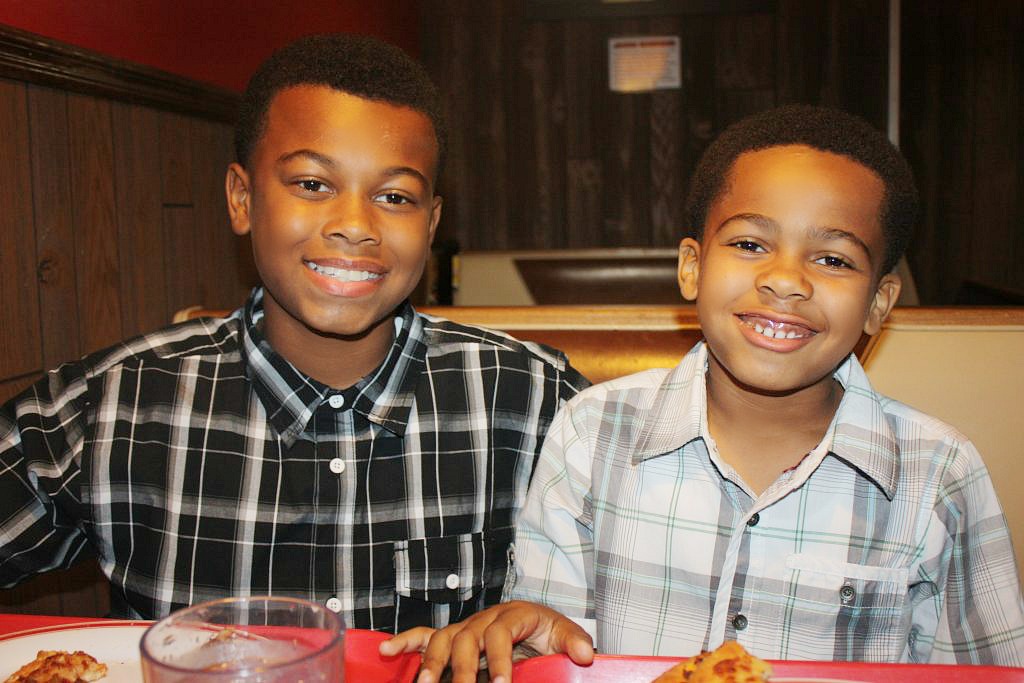
There’s nothing more important than ensuring that your children are kept safe and healthy. The challenging part is knowing exactly how to do this. There are obvious methods that’ll help to keep your son or daughter healthy, but there are also some more under the radar threats that parents must be aware of.
For example, food allergies…
Food Allergies & Precautions
While most children don’t suffer from any or many food allergies, those that do are at risk of showing life-threatening side effects if the proper precautions are not taken – which may result in the child needing to go to urgent care.
While my children have had some scares, they do not have food allergies, however, two of my young cousins do. One is allergic to dairy and the other is allergic to gluten. Knowing this information is extremely important because we host monthly family dinners and want to be cater to the entire family.
But in order to do so properly, it’s important that we know if any of our family has allergies – such as the children. By being aware of the allergies, we can ensure that our menu is suitable for all, or we can give the parents a heads up so that they can bring the children something different that is a healthier choice for them.

Do You Suspect Allergies?
If you may think that your child (ren) may have food allergies, be sure to research food allergies in children, including which are the most common ones. Common food allergies in children include but are not limited to peanuts, cow’s milk, and shellfish.
It is estimated that approximately 7.6% of children have an allergy to one or more types of foods. However, when you’re looking for signs of allergies, it’s important to remember that sometimes allergies can be mis-categorized as food intolerance or food poisoning.
Both of which are different. Which is a great reason for wanting to conduct your own personal research and learn the symptoms of allergies.

Final Thoughts
If you suspect that your son or daughter has a food allergy, take precautions, and consult your physician immediately. The key thing is that you’re aware of the allergy — once you are, you can learn the best ways to manage the condition and also inform others that are around your children daily of the allergies.
Learn more about food allergies in the infographic below from Regis College.
Disclaimer: I am not a doctor, and as such cannot diagnose or treat any medical issues. Readers are advised to do their own research and make decisions in partnership with their health care provider.

Infographic Design by Regis College Regis College







